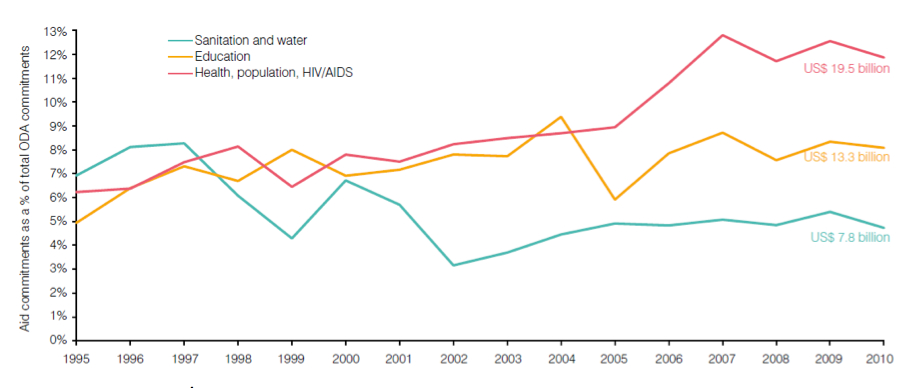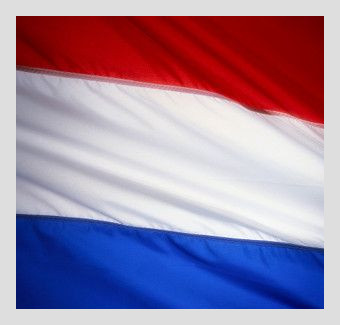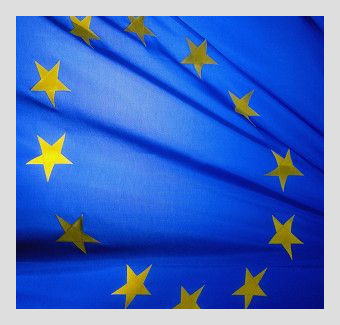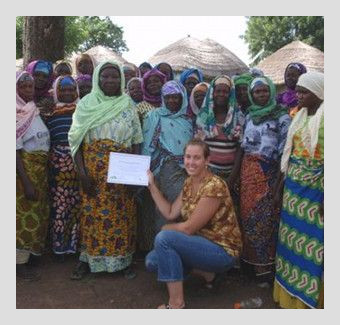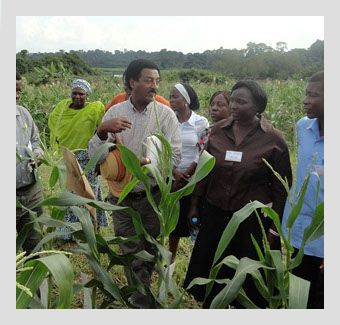Transfers
Transfers refer to funds from international donors and charitable foundations (including non-governmental organisations, decentralized cooperation or local civil society organizations) that typically come from other countries (GLAAS, 2012). These funds can be contributed in the form of grants, concessionary loans (i.e. loans that include a “grant” element in the form of a subsidized interest rate or a grace period) or guarantees.
Transfers include any contributions from (foreign) donors (Hervé-Bazin, 2012) and can consist of:
- Subsidies (for example from the European Union)
- Official development assistance (ODA)
- Philanthropic donations
Examples
In many developing countries, transfers remain a major source of financing for sanitation and drinking-water, most for capital expenditure (GLAAS, 2012). Over US$ 8.9 billion in official development assistance (ODA), part of transfers, was directed to sanitation and drinking-water in 2009 (GLAAS, 2012). It accounts for more than 1% of Gross Domestic Product (GDP) in seven developing countries (see table 1).
| Country | Average donor disbursement for sanitation and drinking water, 2008-2009 (US$ million) |
Donor financing for WASH (as % of GDP) |
| Timor-Leste | 11 | 1.94 |
| Samoa | 9 | 1.80 |
| Burundi | 17 | 1.31 |
| Nicaragua | 74 | 1.20 |
| Lesotho | 21 | 1.18 |
| Liberia | 10 | 1.15 |
| Haiti | 69 | 1.05 |
Official development assistance (ODA) for drinking-water and sanitation has risen slowly as a percentage of total development aid since the low point of 2002, but is still significantly below aid for social sectors, such as health and education (see figure 1).
education, and health/population/HIV/AIDS, as a percentage of total ODA commitments, 1995–2010
Available transfers
For an overview of transfers that are available for water, sanitation and hygiene (WASH) projects or businesses in developing countries, you can search this database.
Please note: We ne
Key documents
- Hervé-Bazin, C., 2012. 3Ts: tariffs, taxes and transfers in the European water sector: short guide. Brussels, Belgium: EUREAU
- OECD , 2009. Managing water for all: an OECD perspective on pricing and financing. Paris, France: OECD.
- OECD (2012). Creditor Reporting System [online database]. Paris, Organisation for Economic Co-operation and Development.
- Pezon, C., Fonseca, C. and Butterworth, J., 2010. IRC Symposium 2010 Pumps, Pipes and Promises: background paper: pumps, pipes and promises: costs, finances and accountability for sustainable WASH services. The Hague, The Netherlands: IRC International Water and Sanitation Centre.
- WHO and UN-Water, 2012. UN-Water global annual assessment of sanitation and drinking-water (GLAAS) 2012 report: the challenge of extending and sustaining services. Geneva, Switzerland: World Health Organization (WHO)
- Winpenny, J., 2011. Financing for water and sanitation: a primer for practitioners and students in developing countries. Stockholm, Sweden: The European Union Water Initiative Finance Working Group, EUWI-FWG.
Links
- IRC International Water and Sanitation Centre is a knowledge broker, innovator and catalyst of change within the water, sanitation and hygiene (WASH) sector working internationally and in selected focus countries and regions. IRC seeks to extend WASH services to the less privileged, while ensuring that services are based on the sustainable use of water resources, are appropriately managed, and are better governed. IRC works in partnership with governments, the public and private sector, Dutch and international organisations, UN institutions, development banks and non-governmental networks and organisations. For more information see: irc.nl
- Global Analysis and Assessment of Sanitation and Drinking-Water (GLAAS) is produced every two years by the World Health Organization (WHO) on behalf of UN-Water. It provides a global update on the policy frameworks, institutional arrangements, human resource base, and international and national finance streams in support of sanitation and drinking-water. For more information see: Global analysis and assessment of sanitation and drinking-water (GLAAS)
